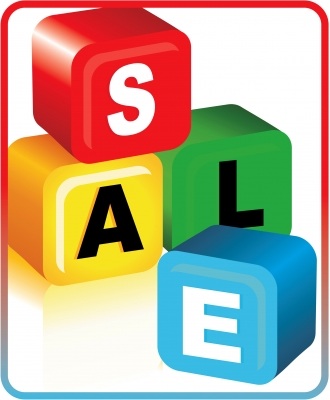Why do I believe in the small business brand?
 A strong brand = sales.
There are a lot of marketers that will tell you that 'branding' and 'small business' do not go together, for one simple reason. Money.
Large company marketers recognise that it takes a lot of money (and marketers) to achieve 'brand building' - a type of marketing that they believe doesn't earn you sales in the short term - more of an awareness thing that helps the 'real' marketing work better.
For a small business, your brand is everything to do with sales. And by branding, I mean the experience of you as a business, from other people's point of view.
A strong brand = sales.
There are a lot of marketers that will tell you that 'branding' and 'small business' do not go together, for one simple reason. Money.
Large company marketers recognise that it takes a lot of money (and marketers) to achieve 'brand building' - a type of marketing that they believe doesn't earn you sales in the short term - more of an awareness thing that helps the 'real' marketing work better.
For a small business, your brand is everything to do with sales. And by branding, I mean the experience of you as a business, from other people's point of view.
Leave a Reply